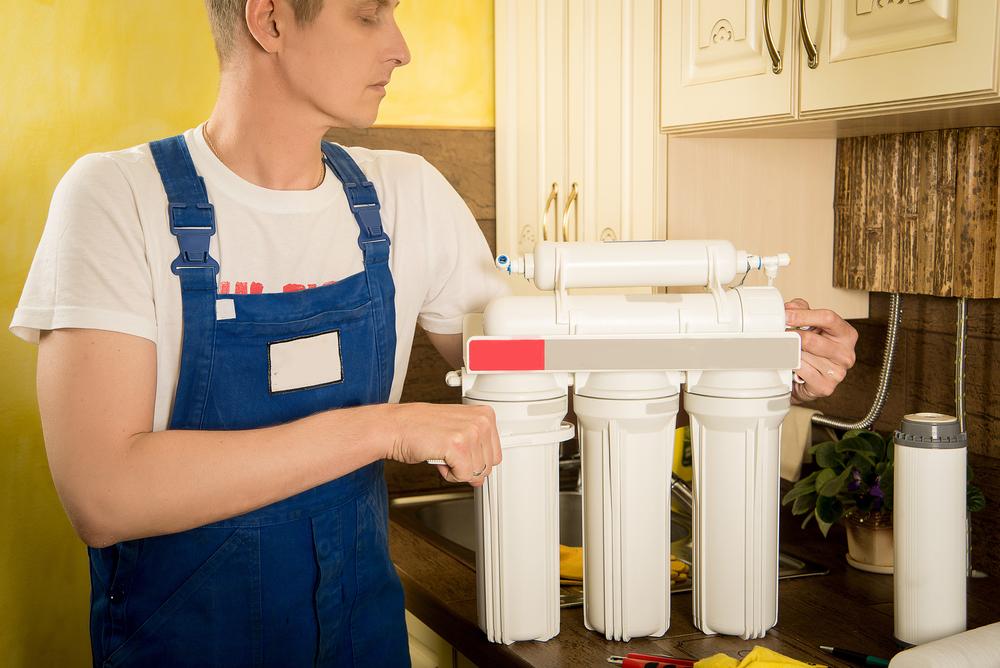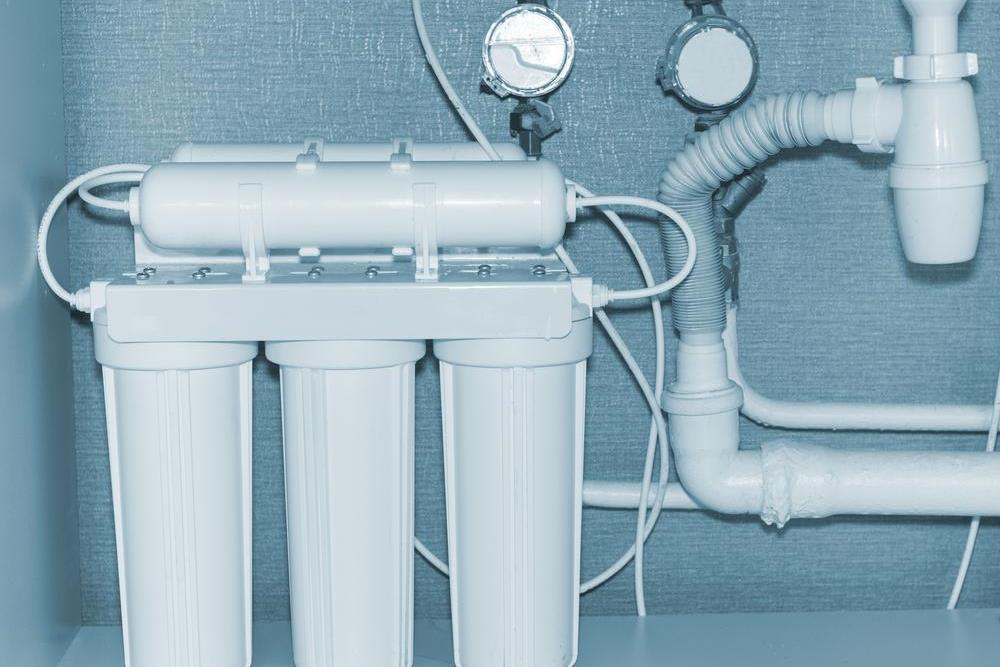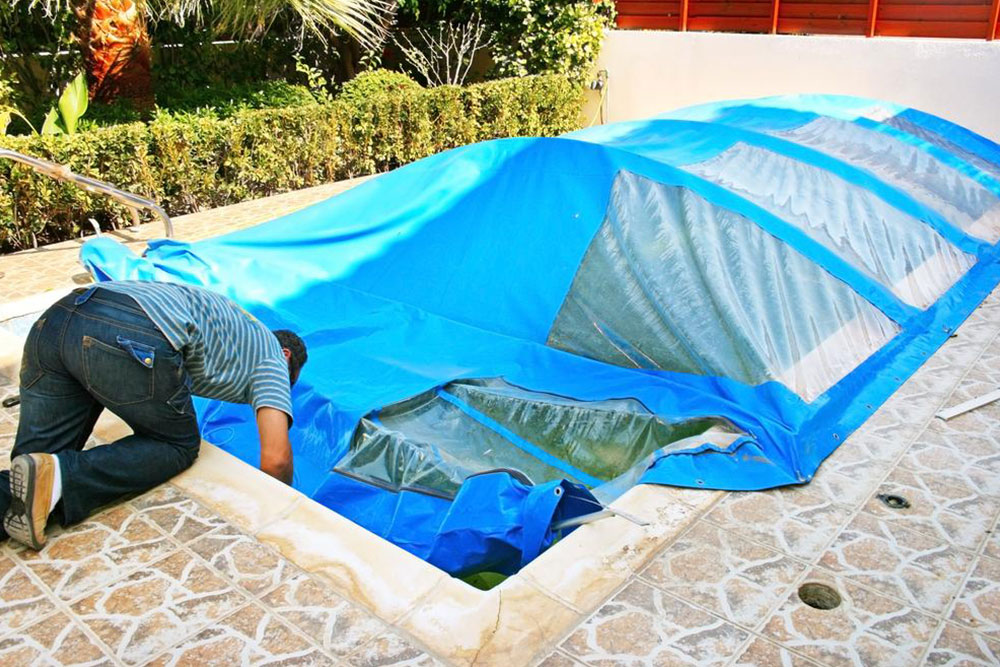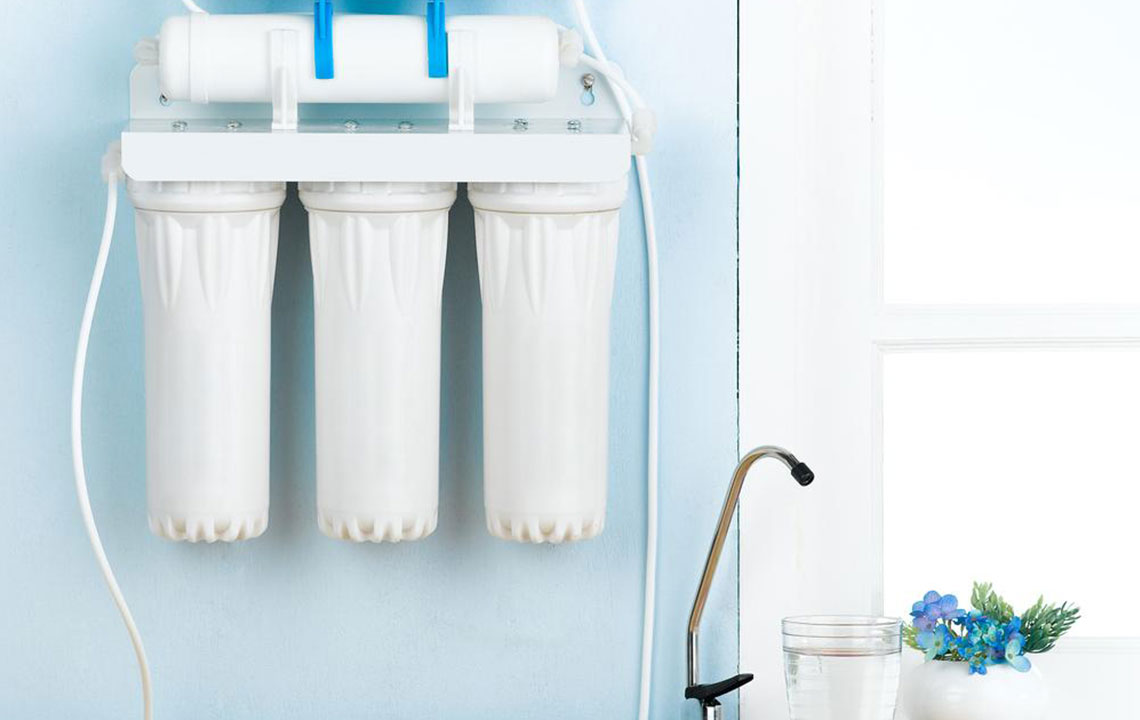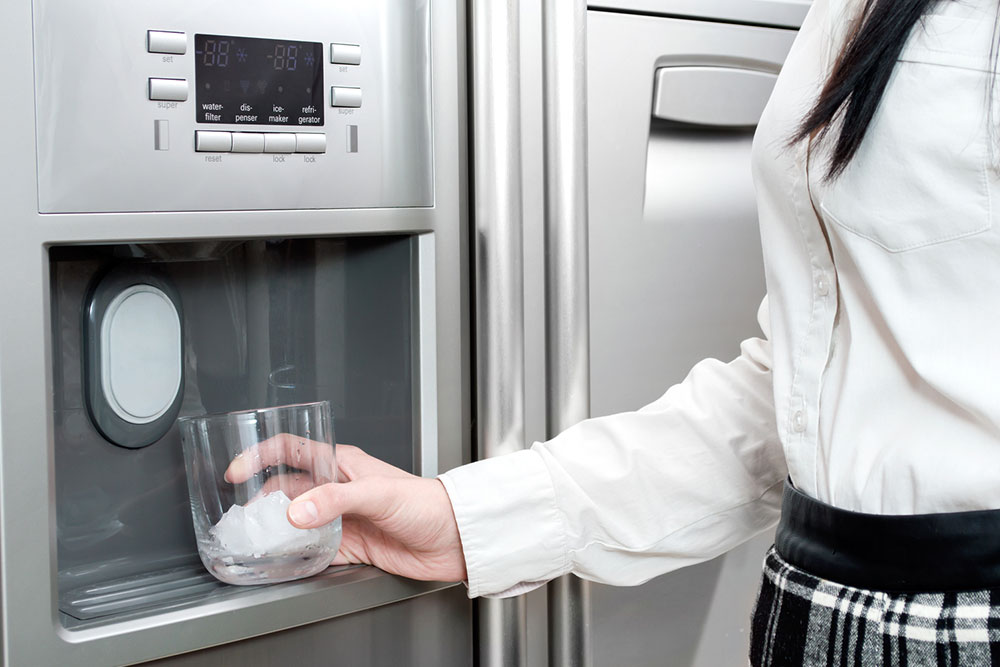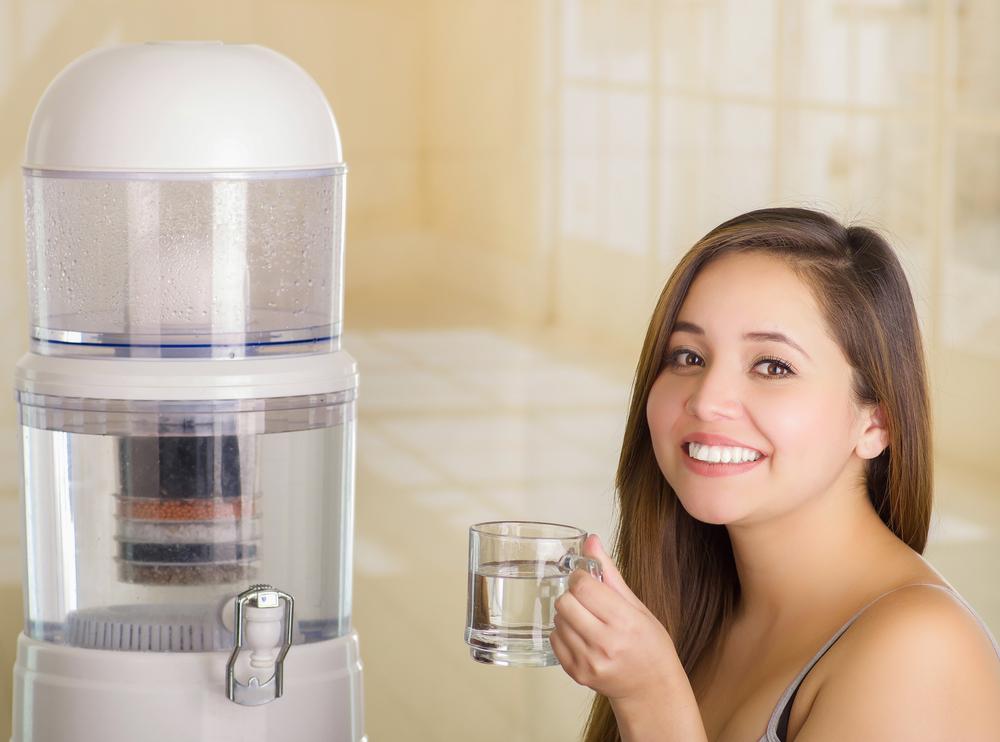The Ultimate Guide to Selecting the Ideal Water Softener for Your Home
Choosing the right water softener is essential for maintaining your home's appliance efficiency and water quality. This comprehensive guide covers various types of water softeners, capacity considerations, and smart features to help you make an informed decision tailored to your household's needs. Learn how to evaluate water hardness, select suitable systems, and optimize performance to ensure long-lasting, soft water at home.
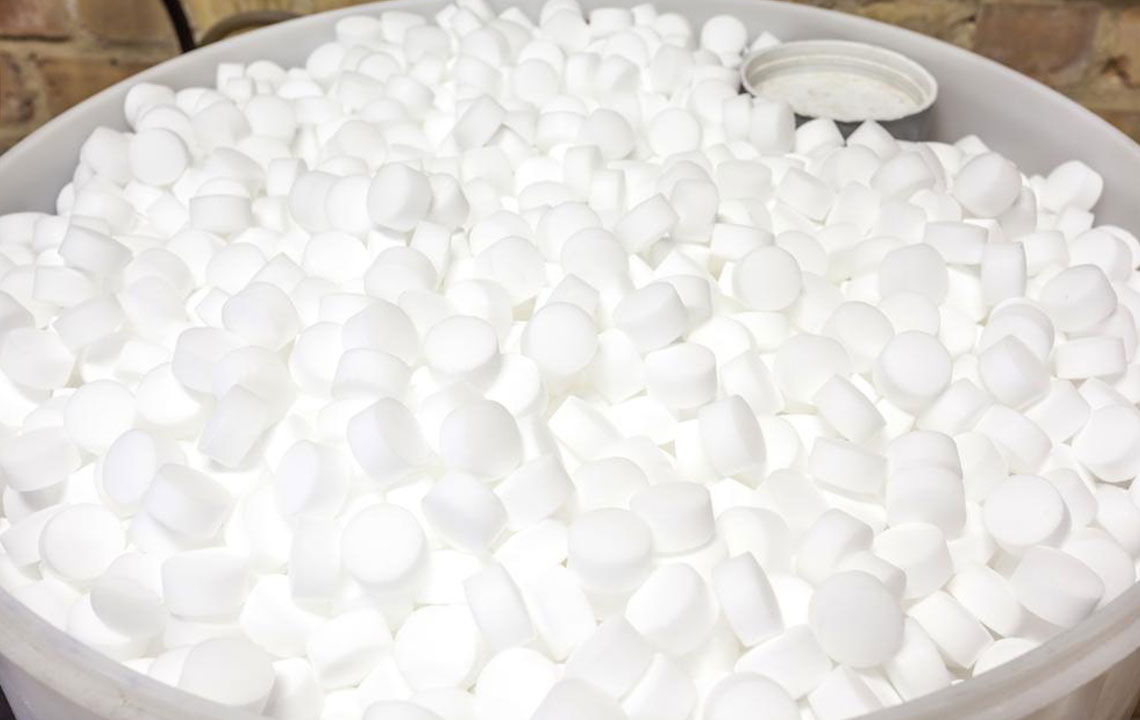
Comprehensive Tips for Choosing the Best Water Softener for Your Household
Water softening is a vital process that transforms hard water—water with a high mineral content—into a gentler, more manageable form suitable for daily household use. Hard water contains more than 1 grain per gallon (GPG) of dissolved minerals, mainly calcium and magnesium. While water with up to 3.5 GPG can be considered soft enough for most household purposes, water exceeding 10.5 GPG can lead to a range of problems, including unsightly spots on dishes, stubborn stains on fixtures, decreased efficiency of water-using appliances, and even potential damage to plumbing systems. Therefore, selecting the right water softener is crucial for maintaining appliance longevity, ensuring better water quality, and reducing cleaning and maintenance costs.
Choosing a suitable water softener depends on numerous factors including water quality, household size, and specific budget considerations. Let's dive into the key aspects to consider when selecting the perfect water softening system for your home.
Understanding Water Softener Types
The first step is to identify which type of water softener best fits your needs. Different systems utilize varied technologies and have distinct advantages and disadvantages. It's also vital to verify that the water softener you select is certified by reputable standards such as NSF/ANSI 44, which assures compliance with water treatment performance benchmarks.
Among the most common types of water softeners are:
Salt-Based Ion Exchange Softeners: These are the traditional and most widely used systems. They typically include two tanks—one filled with resin beads and another containing a brine solution. As hard water flows through, calcium and magnesium ions are exchanged for sodium or potassium ions, effectively reducing mineral content. The system periodically regenerates to restore resin capacity, using salt or potassium chloride. These softeners are highly effective, suitable for large households, and capable of handling substantial mineral loads.
Salt-Free Water Conditioners: These systems do not actually remove minerals but instead modify minerals to prevent scale build-up. They often use potassium chloride for environmental reasons, and utilize template-assisted crystallization (TAC) or similar technologies to alter mineral properties, reducing the chances of deposits forming on fixtures and appliances. They are ideal for those seeking to avoid salt and chemicals, and tend to require less maintenance.
Magnetic and Electronic Descalers: These devices employ electromagnetic fields to influence mineral particles, preventing them from adhering to surfaces and forming scale. Although they are easy to install and low-cost, their effectiveness can vary widely depending on water composition and flow rate. They are generally best suited for mild water hardness or as supplementary systems.
Assessing Capacity Based on Household Needs
One of the critical factors is system capacity, which is measured in grains and indicates how much mineral removal the softener can handle before regeneration is required. Unlike physical size, capacity refers to the number of grains the system can soften before it needs to regenerate. To select an appropriately sized unit, consider both household size and water hardness levels.
A common method to estimate your softener size involves multiplying your household's number of residents by 75 and then by your water's GPG level. For example, a family of four with water hardness at 10 GPG will need a system capable of handling at least 4 x 75 x 10 = 3,000 grains. For larger families or higher hardness water, opt for increased capacity to prevent frequent regenerations, which save both time and resources.
Features and Control Options for Greater Efficiency
Advancements in softener technology have led to smarter systems equipped with various features designed to improve performance and conserve resources. Many models now include automated controls that manage regeneration cycles and adjust water usage, minimizing waste.
Some popular features include:
Automatic Regeneration: Many softeners operate on preset timers or demand-initiated controls that monitor water usage. Automatic regeneration ensures the system restores resin capacity when needed, reducing manual intervention and preventing mineral buildup.
Demand-initiated Regeneration (DIR): This cutting-edge technology uses sensors to track water softening needs continuously. The system regenerates only when necessary, leading to significant savings in salt, water, and energy. For busy households, DIR systems are especially advantageous due to their efficiency and eco-friendliness.
Programmed Controls and Customization: Some systems offer user-friendly digital interfaces with adjustable settings. You can fine-tune regeneration times, monitor system status, and receive alerts for maintenance, ensuring optimal performance at all times.
Additional Considerations: Look for systems with durable components, low maintenance requirements, and energy-efficient operation. Though these features might come at a higher initial cost, they often result in long-term savings and convenience.
Ultimately, selecting a water softener that aligns with your household's water quality, size, and budget will ensure efficient removal of minerals, prolong appliance lifespan, and maintain excellent water quality. Proper system selection and regular maintenance are key to enjoying all the benefits a good water softener can offer.
